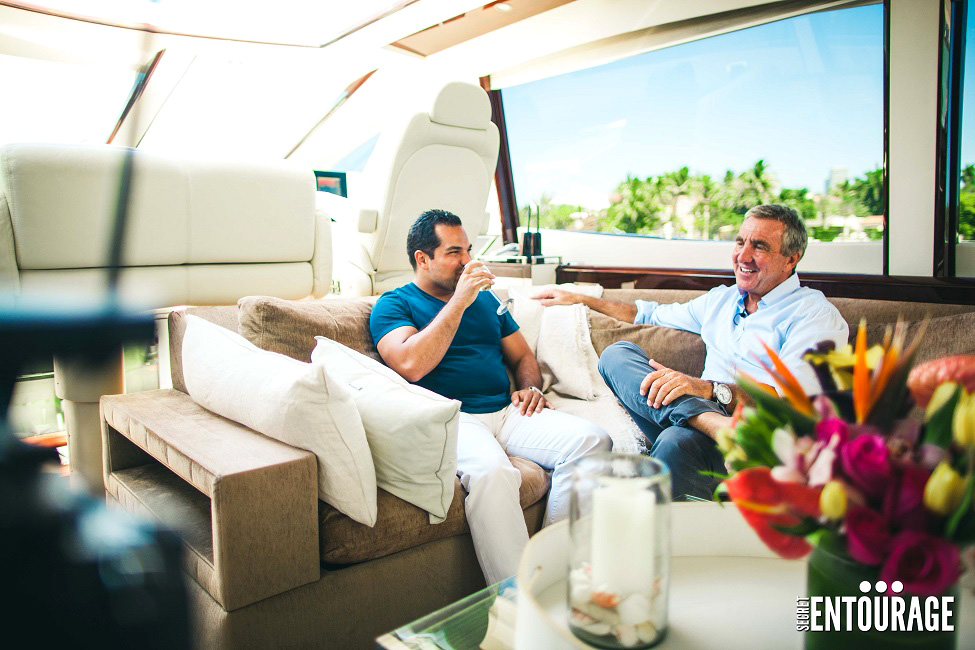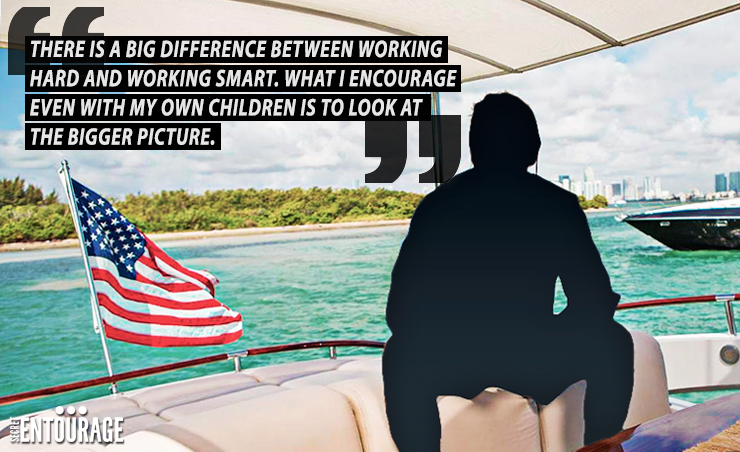
In a nutshell, I had very humble beginnings. I grew up on a farm in Northern Ontario. I was not that scholastically inclined and I ended up quitting school in the 9th grade.
By growing up on a farm, the one thing that I seemed to excel at was horses. I ended up getting a job teaching people how to ride horses, but as a barn manager, you quickly figure out that the people that have money are the ones that actually own the horses. While us in the barn; not so much.
I have two older brothers. One is 10, and the other is 11.5 years older than me. Our mother divorced back in the 60s when you weren’t supposed to get divorced. She just instilled this entrepreneurial thought: “You’re going to be successful, don’t take no for an answer,” in us and ironically we were all multi-millionaires by our 20s.
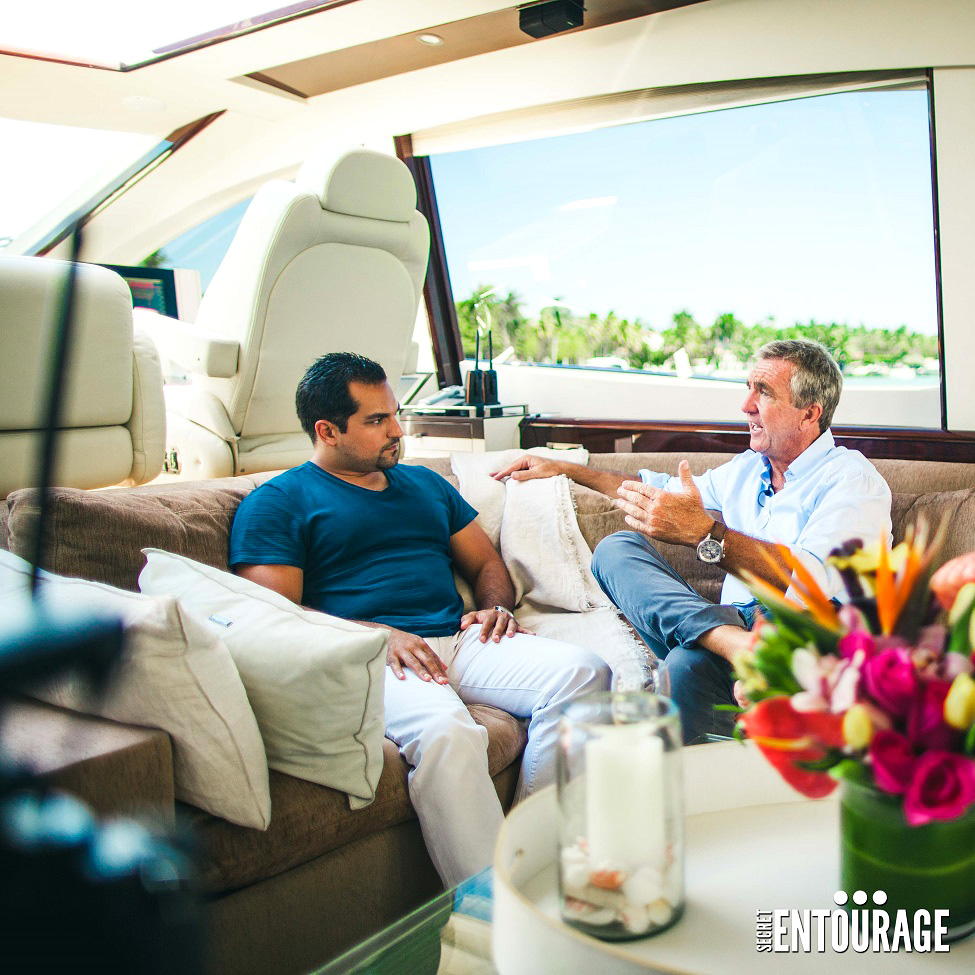
I worked with my stepfather who had a seed business and we opened up a small store/kiosk in downtown Toronto where we sold wildflower seeds. I had to truly learn how to sell because not everybody needs wildflower seeds. It was an incredible experience and it taught me the art of sales. I was able to snowball that into several other ventures that led me to Vancouver.
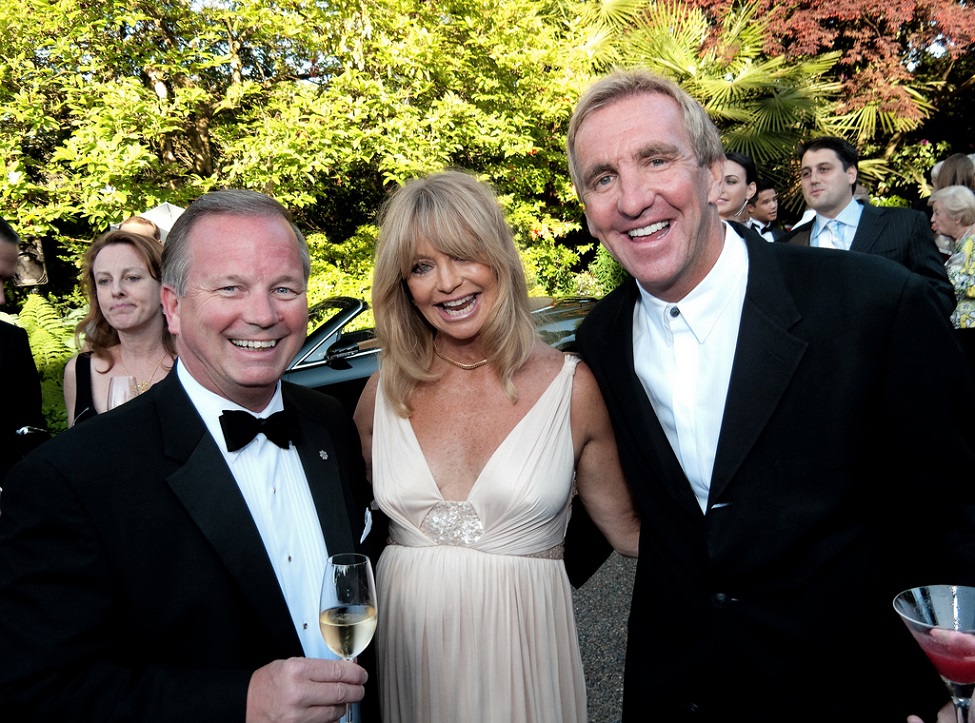
I was working in a bar in Toronto and quickly realized that people are very different so it was at that point that I really learned the art of persuasiveness to be able to relate to people on all levels.
I was able to take that gift and expand it to what the general public wants, and what I felt I could bring to the general public so they would buy.
People want to be led. When you sit back 30,000 feet and look at these charismatic leaders, people will follow them and I think it’s that ability to look at those situations and say, “Well, why can’t I do that? Why can’t I take this product and sell that to the masses?”

I took a gamble and I invited the heads of every major brokerage firm in Vancouver using one name against the other. I got like eight or nine of the top most powerful people for a dinner that I was hosting thinking that each guy had invited the other guy to come but they had never talked.
It ended up being one of those magical nights where everything that could go right, went right and that was the starting point. At that point, they all knew who I was and if I picked up the phone to call, they would take my call, and then I could get whatever project I was working on in front of them, which is always 90% of the battle.
It was through those relationships that I ended up with a company called Continental Gold which did exceptionally well in a short period of time. All of a sudden, I was now in my mid 20’s with a great deal of capital. It’s like Monopoly money because when you’re that age and you don’t actually touch it, it’s not real.
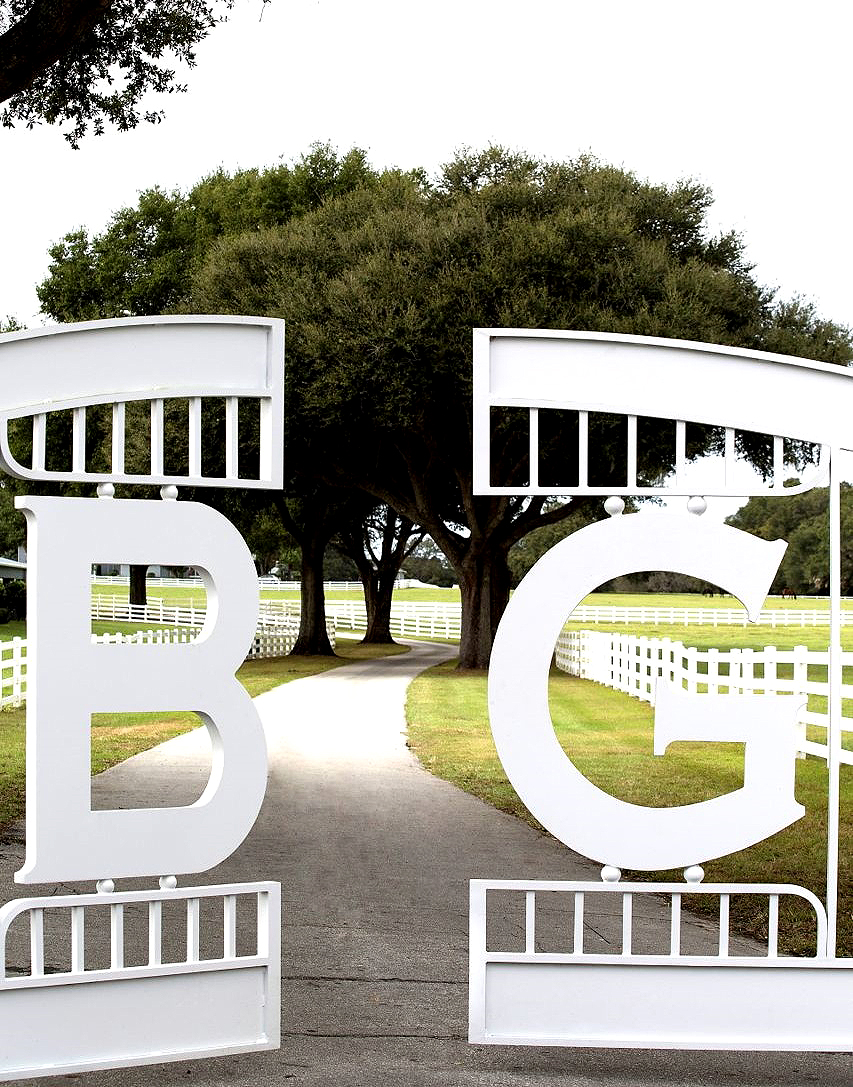
Cash flow is everything. If you’ve got cash flow, you can survive.
Would you rather go work for a company that’s private where you get a salary, maybe a bonus, and a “thank you” or would you rather go work for a public company where you get a salary, a bonus, but also stock options?
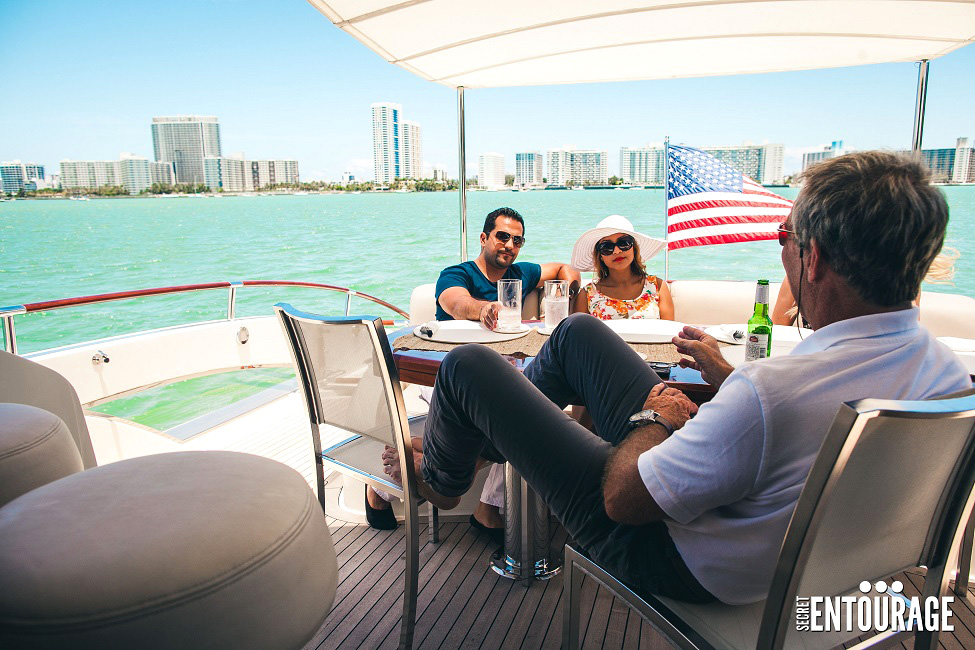
I always tell people that come to me looking for advice is: A) you’ve got to love what you do because then it’s not work, and B) I push them to work for a company that’s in the public sector, that they believe has tremendous upside to negotiate and get as many options as you can.

If you’re single and go to a bar and a girl asks, “What do you do?” You tell them, “Well, I cremate more people in North America than anybody else.” Let me tell you, you don’t get lucky that often.
But that goes back to our point earlier: cash flow.
I looked at the Internet and a lot of startups but the one thing that I was very confident of was people were going to continue to pass away and cremation rates are on the rise and still on the rise. I just thought, “Here is an opportunity to really take a name and brand it right across North America.” The model has proven that to be more successful than we ever thought possible.



I think part of what has made me successful and I think why other businesses come to us for advice is because I look at things differently. When I look at us being a cremation company, that’s what we do, but that’s not what we are.
If we were to become more of a direct marketing company and pre-sell those cremations, we know we’re going to do the cremation in the end anyway, so why are we focusing on buying businesses that do cremation?
We focused on what we could do to grab as much of an audience as we could before they passed away. That was really the game changer.

I never understood the Internet. In the late ’90s, early 2000, investors kept giving these companies money in the hope that they eventually make something happen but the moment that you can’t give them money, it’s over.
I’m just a firm believer of concentrating on cash flow and if you have that then you can survive any downturn in the market if anything happens.
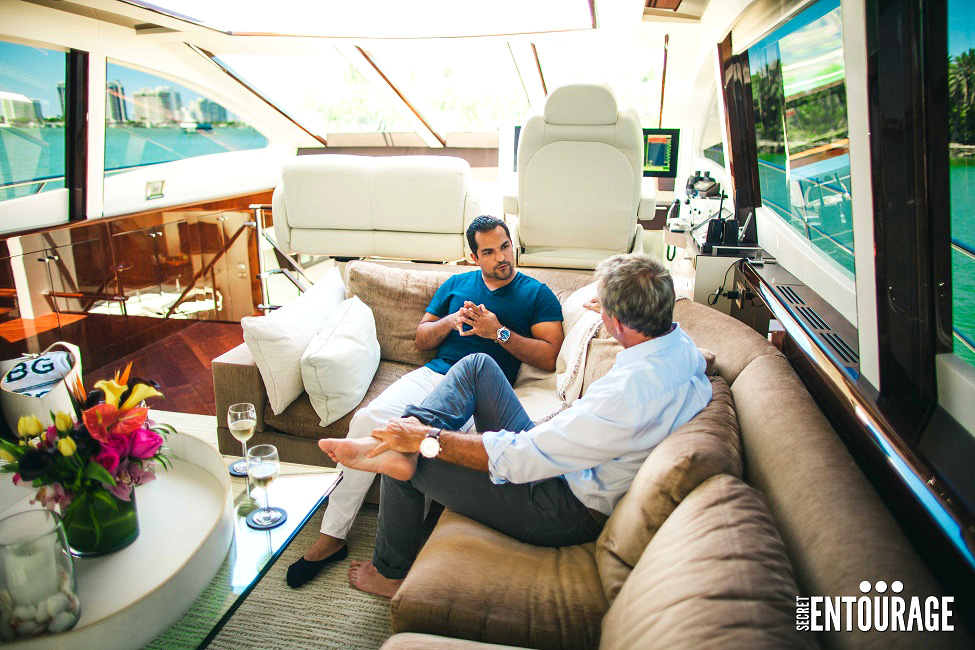
All of my companies are like children. I nurture them and love them. You want them to grow. You want them to be bigger. You want them to be more successful. I don’t have a favorite.
I’m a strong believer in entrepreneurship where our model is to find people that are already successful at what they are doing and then we come in as the bank and say, “Okay, what do we need to double, triple, quadruple your company?” “Well Bobby, if I had this much money, I could do this or I’d like to acquire him and if I acquired him, this is what we would look like, market share.”
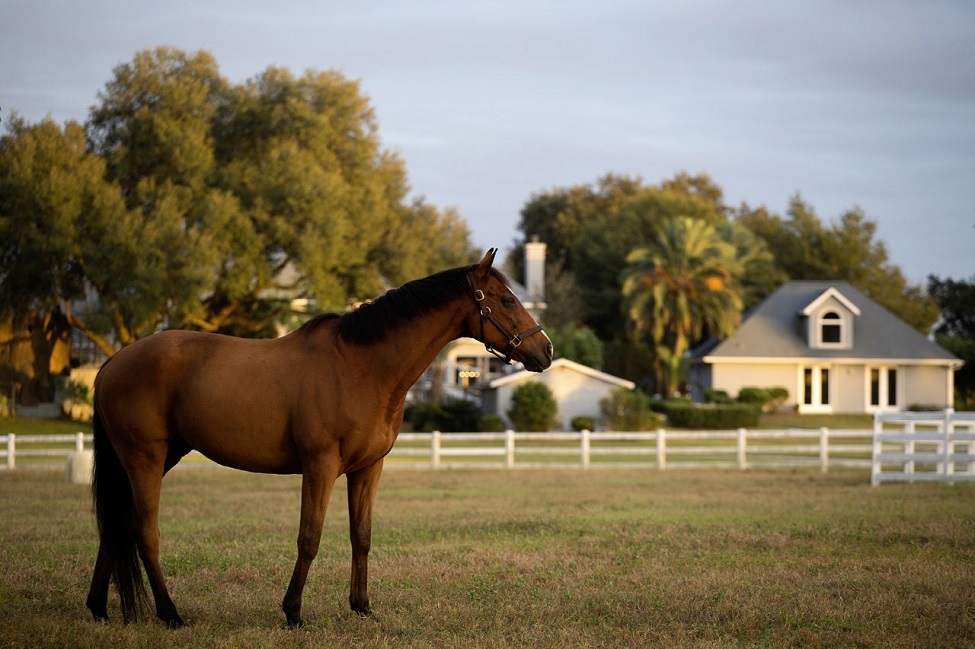
At this stage of life, I don’t want to be an operator anymore. I’ve done all the heavy lifting. I’ve done it all. My role now, having experienced as much as I have experienced in the business world is to be a mentor. Let me help you grow your business. Now, I’m in a position in life where I’ve got the capital to be able to help you do that. The more money that they are making, the more money we’re making. It’s a win-win.
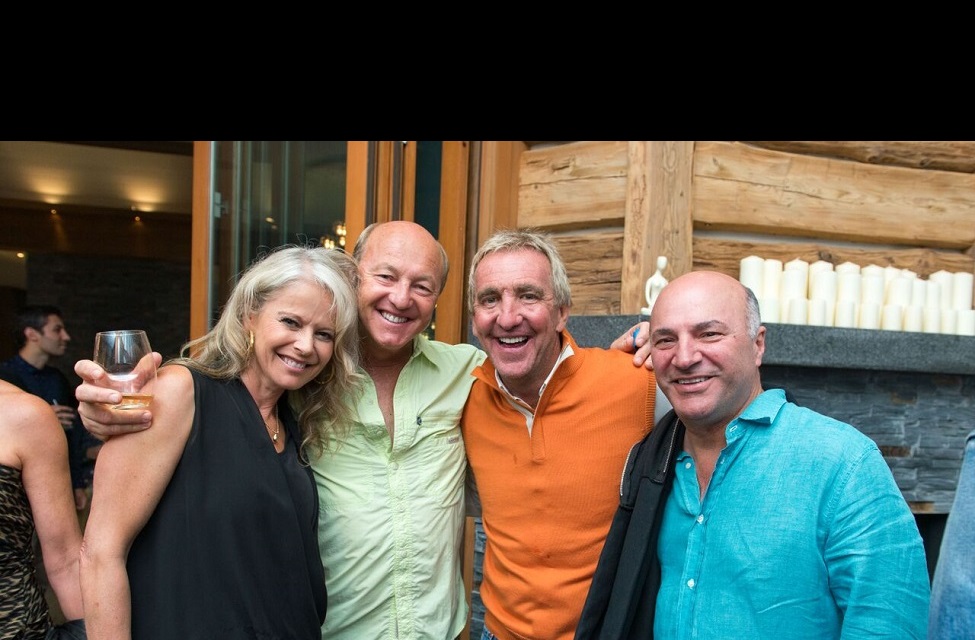


There are really four different divisions to BG Capital Group. We have a parks department, which is BG Parks Department.
We now manage Silver Springs Park. We now manage Birch Park in Fort Lauderdale. We now manage John U. Lloyd Park and we just recently have been awarded Uleta Park. That gives us the ability to touch 4+ million people. Now it’s our responsibility to feed those 4 million people, give those people activities to do and create special events.

Polo lessons or one of our BG yacht divisions or any activities we offer throughout the 12 locations that we have throughout the world. Then you have BG Operations, which is all of the different businesses that we have ranging from construction to air ambulance. You name it; we’re probably in it.
Then that really leads into our portfolio, both commercial and residential real estate. I don’t think we’ve ever been busier.
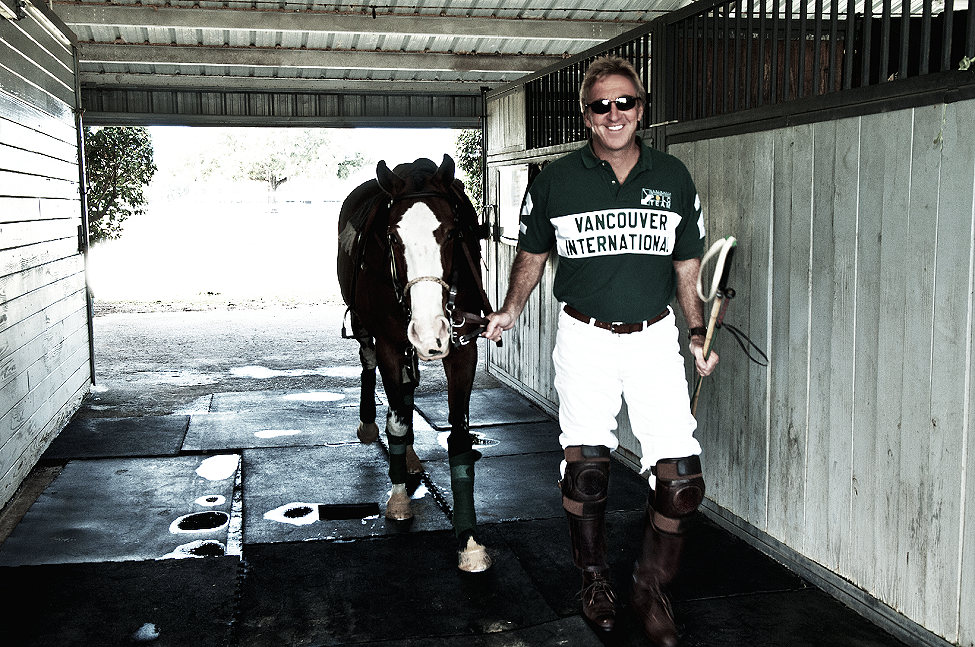
There is a big difference between working hard and working smart. What I encourage even with my own children is to look at the bigger picture. My son would love to be a football player and I keep telling him, “You know what, it’s a lot more fun to own the team than a player on the field. If you want to go on the field to play, you can when you own the team.”
He’s starting to get that. The same with my daughter and I think the most important thing regardless of what your ability is, if you truly love what you do and you’re passionate about what you do, you usually become pretty successful at it and I think that’s the key. Work smart, love, be passionate about what you do and success usually follows.
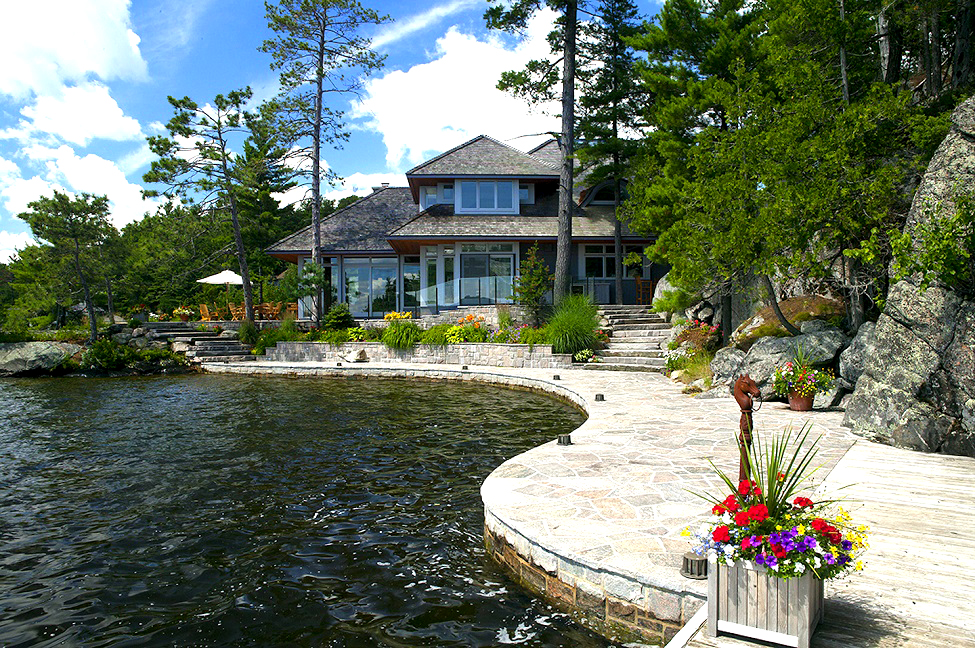
I wake up happy and when I go into a meeting and they come back with the word “No,” I think they don’t understand the question. “What do you mean no? Let me rephrase this. How do we make this work?” I think with that enthusiasm for what I do and their ability to trust that I will get it done more times than not, they’ll give us the opportunity to prove ourselves wrong than to deny us the opportunity not to even try.

My associate, who has been with me for 20 years, really deserves the credit of BG Capital Group because he is truly gifted with numbers. He always takes a five-year look. Three years to rip everything up as hard and as fast as you can, the fourth year to consolidate and understand where everything is, and the fifth year to realize what your cash flow is. Now that you’ve cut out all the fat and you’ve done everything you needed to do, how do you go to your next five-year plan?


Mentors are important. You can go to an entrepreneur that you look up to and most have done it and want to help the next generation. Go to them. Ask for advice. Ask what they did right, what they did wrong, what you think that you should do, and again be passionate and love what you’re doing because then it’s not work. You still got the stress, you still can’t sleep at night, you still feel the weight of the world but you’re waking up thinking, “I want to do this and I’m going to succeed.”
